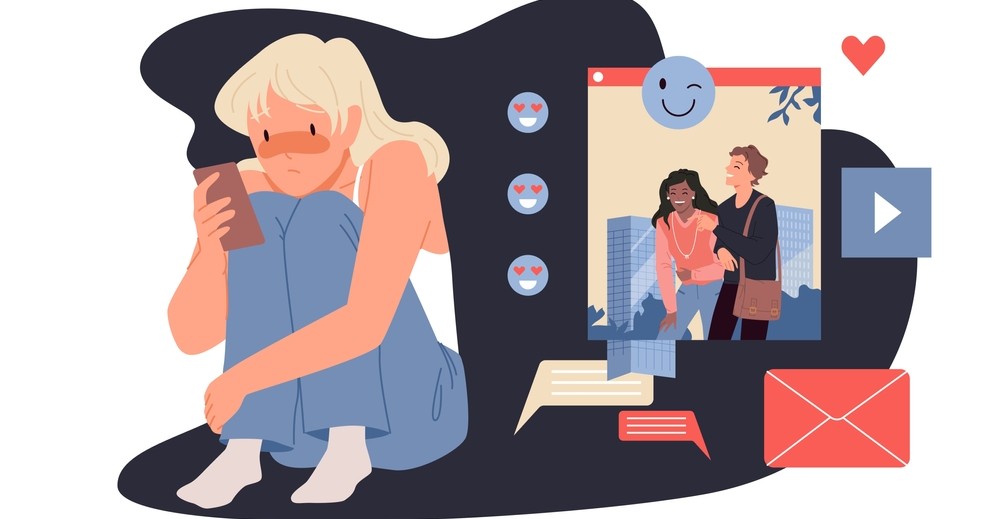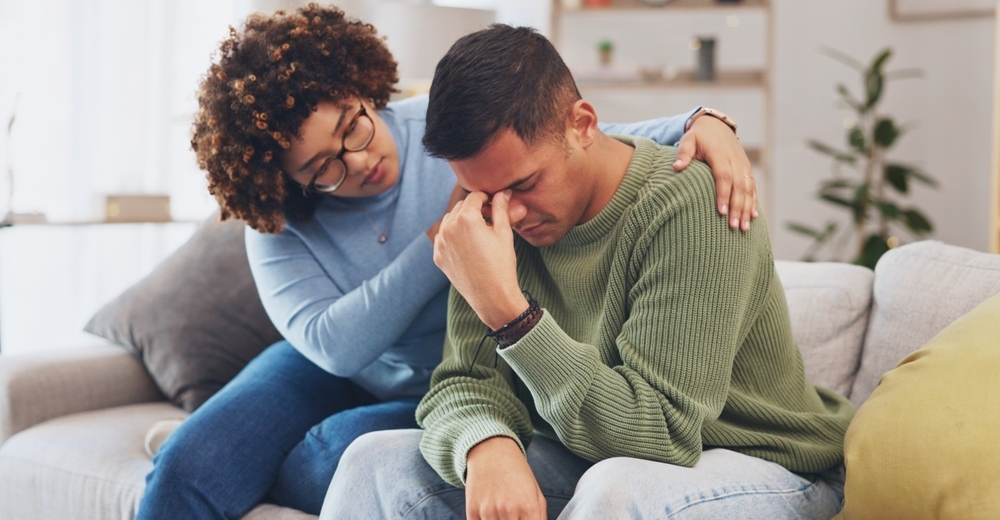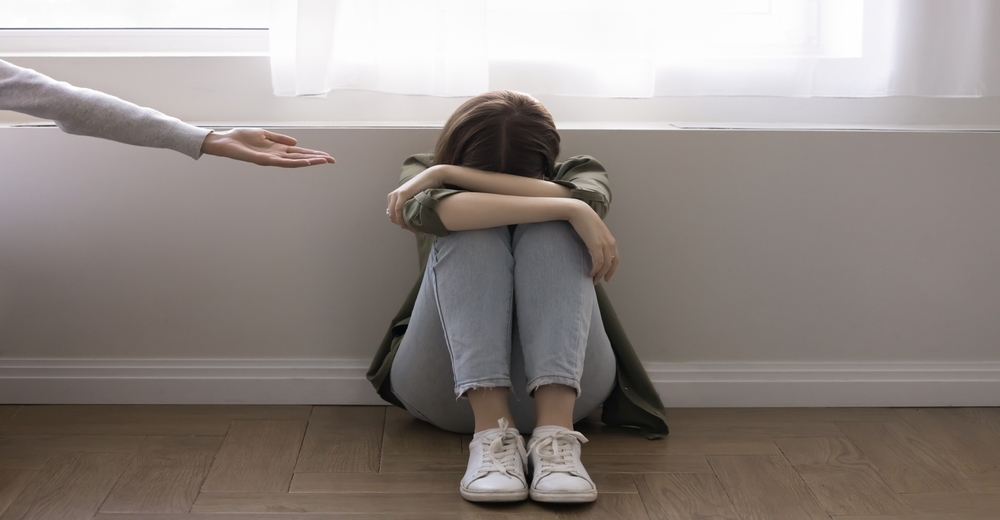Social media plays a significant role in our daily routines, providing connection, entertainment, and information. However, its effects on mental health are becoming an increasing concern. While social media can have positive effects, such as fostering community and providing support, it can also contribute to anxiety, depression, and low self-esteem. In this article, we’ll explore the dual nature of social media’s impact on mental health, the science behind it, and practical tips to use social media mindfully.
The Positive Side of Social Media
- Connection and Community: Social media allows people to stay connected with friends and family, especially those who live far away.
- Support Networks: Online communities provide a space for individuals to share experiences and find support for mental health challenges.
- Awareness and Education: Social media platforms raise awareness about mental health issues and provide access to resources.
- Creative Expression: Platforms like Instagram and TikTok enable users to express themselves creatively and build confidence.
The Negative Side of Social Media
- Comparison and Envy: Constant exposure to curated, idealized versions of others’ lives can lead to feelings of inadequacy and low self-esteem.
- Cyberbullying: Online harassment and bullying can have severe psychological effects, especially on young people.
- Fear of Missing Out (FOMO): Seeing others’ activities and achievements can trigger anxiety and a sense of being left out.
- Addiction: Excessive use of social media can lead to dependency, reducing productivity and disrupting sleep.
- Misinformation: Exposure to false or harmful content can increase stress and confusion.
The Science Behind Social Media and Mental Health
Research shows that social media can affect mental health in several ways:
- Dopamine Release: Likes, comments, and shares trigger dopamine release, creating a cycle of seeking validation.
- Sleep Disruption: Blue light from screens and late-night scrolling can interfere with sleep quality.
- Increased Anxiety: Constant notifications and the pressure to stay connected can heighten stress levels.
- Body Image Issues: Exposure to edited and filtered images can distort self-perception and lead to body dissatisfaction.
How to Use Social Media Mindfully
1. Set Boundaries
- Limit your daily screen time using apps or built-in phone features.
- Set designated times for checking social media and stick to them to avoid mindless scrolling and maintain a healthy balance.
2. Curate Your Feed
- Unfollow accounts that trigger feelings of inadequacy or stress, curating a feed that promotes positivity and well-being.
- Follow accounts that inspire, educate, or uplift you.
3. Take Breaks
- Schedule regular social media detoxes, such as a day or weekend without scrolling.
- Use this opportunity to participate in offline activities that bring you joy and help you unwind from the digital world.
4. Be Selective with Notifications
- Turn off non-essential notifications to reduce distractions and stress.
- Prioritize real-life interactions over online engagement.
5. Practice Gratitude
- Concentrate on the positive aspects of your life and avoid comparing yourself to others, appreciating your unique journey and achievements.
- Keep a gratitude journal to shift your mindset.
6. Seek Support
- If social media is negatively impacting your mental health, talk to a trusted friend, family member, or therapist.
- Join online communities that promote positivity and mental health awareness.
The Role of Parents and Educators
For young people, guidance from parents and educators is crucial:
- Educate: Teach children about the potential risks of social media and how to use it responsibly.
- Monitor: Keep an eye on their online activity and encourage open conversations.
- Model Behavior: Demonstrate healthy social media habits by setting an example.
When to Seek Professional Help
If social media is significantly affecting your mental health, consider seeking professional support. Signs that you may need help include:
- Persistent feelings of sadness or anxiety
- Difficulty concentrating or sleeping
- Withdrawal from real-life relationships
- Obsessive thoughts about social media
Social media has a profound impact on mental health, offering both benefits and risks. While it can foster connection and support, it can also contribute to anxiety, depression, and low self-esteem. By using social media mindfully—setting boundaries, curating your feed, and taking breaks—you can protect your mental health and enjoy the positive aspects of these platforms. Remember, your wellbeing is more important than any like or comment. Take control of your social media use and prioritize your mental health today.



